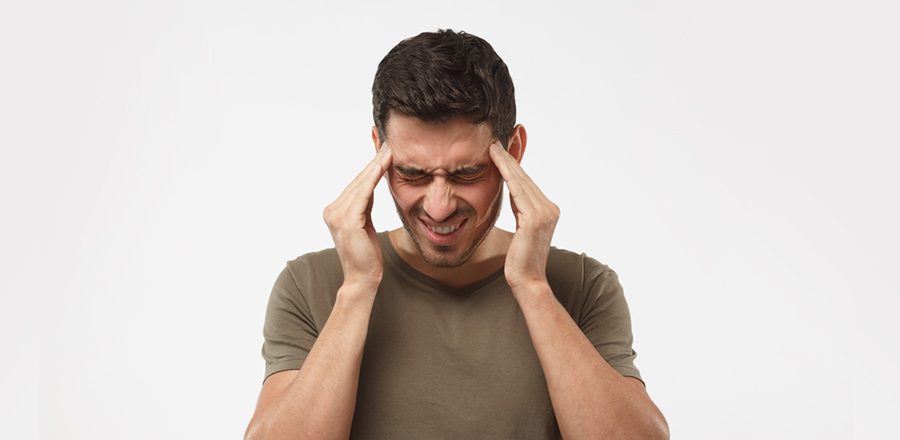Everybody on this planet is having mental health like physical health and everybody need to take care of it. We can categorize this into Good mental health and bad mental health. People with good mental health are able to think, feel and react in the ways they need and want. But on other hand people with poor mental health find difficult to think, feel and react in the ways they need and want. This can be just as bad as a physical illness, or even worse.
A mental disorder is a condition that affects a person’s way of thinking, feeling or their mood. A common misconception is that mental disorder is the result of one event eg financial loss, marital discord etc. However, research suggests multiple overlapping causes including genetics and these conditions affects one’s ability to function each day. It’s likely that for many people there is a complicated combination of factors – although different people will have different experiences, even people with the same diagnosis.
Some of the common mental health problems are depression anxiety, and bipolar disorder.
Treatment
Effective treatment helps you learn how to control mental health disorders. The type of treatment will depend on the type of disorder you’re experiencing. Generally, self-medications and medical treatment are the most common treatment options. Sometime your health professional might suggest lifestyle changes, such as regular physical exercise. By Engaging in certain Self-help activities one can promote a healthier lifestyle. These include
- Stress management and Relaxation techniques: include meditation, deep breathing exercises, long baths, resting in the dark, and yoga.
- Daily Exercise: Walking, Jogging, Running, and Gym activities.
- Support network: Talk with familiar people who are supportive, such as a family member or friend.
- Eating a healthy, well balanced diet
Psychotherapy: Also known as talking therapy can help you change your thinking patterns.
Cognitive behaviour therapy (CBT): CBT is a structured psychological treatment which recognises the way we think and act and affects the way we feel.
Professionals may use a range of techniques in CBT. Examples include:
- Encouraging you to recognise the difference between productive and unproductive worries
- Teaching you how to let go of worries and solve problems.
- Teaching relaxation and breathing techniques, particularly muscle relaxation, to control anxiety and the physical symptoms of tension.
Medication: If you have disorders that’s severe enough to interfere with your ability to function, medication may help relieve these symptoms.


